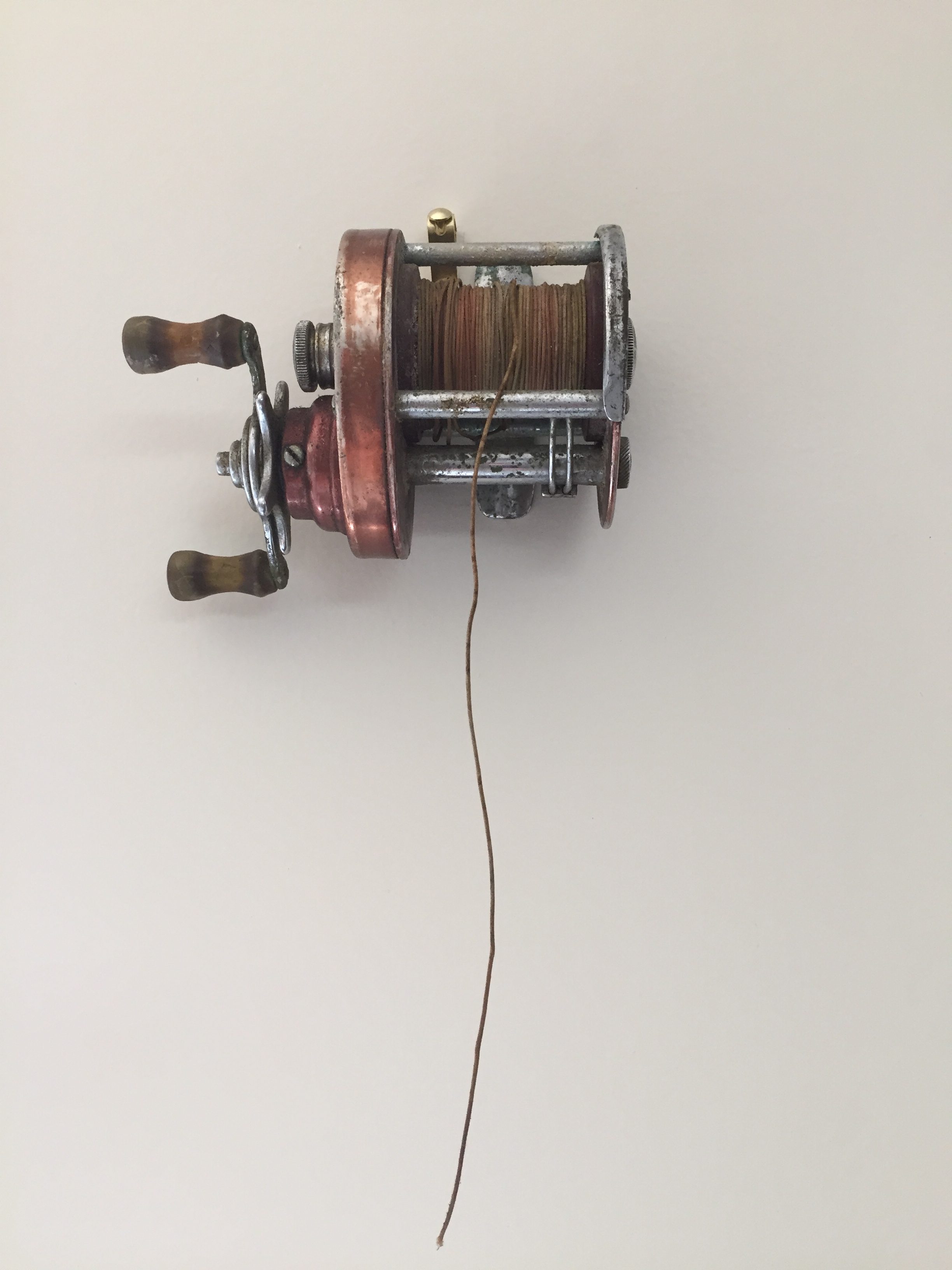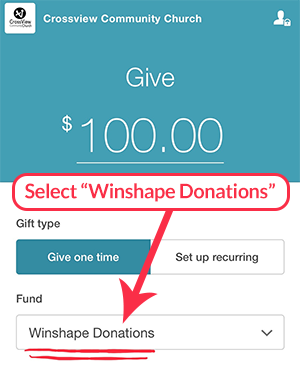 This past week another Macland Crossing Alumni became a Chick-fil-A franchisee. I am very proud to announce that Ummara Sajid will be the new Owner/Operator of Nassau Bay FSR in the Huston market. A Leader Farmer knows that there are few greater joys in life than seeing someone you helped grow produce fruit. However, it’s not always easy to let people go. My grandfather’s fishing reel hangs on the wall in my office as a reminder that central to what I do is this idea of “catching and releasing.” This mindset paints a vivid picture of the need to embrace turnover. This might sound counterintuitive, but I have found that the secret to building a sustainable business with engaged employees is to “love your people enough to let them go.”
This past week another Macland Crossing Alumni became a Chick-fil-A franchisee. I am very proud to announce that Ummara Sajid will be the new Owner/Operator of Nassau Bay FSR in the Huston market. A Leader Farmer knows that there are few greater joys in life than seeing someone you helped grow produce fruit. However, it’s not always easy to let people go. My grandfather’s fishing reel hangs on the wall in my office as a reminder that central to what I do is this idea of “catching and releasing.” This mindset paints a vivid picture of the need to embrace turnover. This might sound counterintuitive, but I have found that the secret to building a sustainable business with engaged employees is to “love your people enough to let them go.”
Imagine that I have an aquarium in my living room. If I were to go fishing on the Chattahoochee River every Saturday, bring back the fish I catch, and put them in my aquarium, it would not be long before it would become overcrowded and be more of a nuisance than an enjoyment.
Now, imagine the same scenario, only this time I’m more selective with the fish I bring home to put in my aquarium and I limit it to a maximum number of fish. Every so often, I take a fish back to the river and release it into the wild. Sometimes, this is because the fish is a bad fish. Other times, it’s simply because my fish tank has reached its capacity. Finally, at times, I take one of my best fish back to the river as it has outgrown the environment I have created for them.
I hope you can see we aren’t just talking about fishing.
In the second scenario, my aquarium has a continual supply of fish but never reaches the point where it becomes overcrowded and the fish are uncomfortable. Additionally, there is a continual supply of fish in the river for others. Everything is kept in the perfect balance, and everyone benefits—both the fish and those “catching” them.
These two scenarios reveal the way most leaders think. The only question is: which kind of leader are you? Are you just trying to fill your fish tank for your own personal enjoyment, or are you willing to catch and release so that others have access to fish as well, and, more importantly, because you know what’s best for the fish?
One of these mindsets is an abundance mindset, which is the way of a Leader Farmer. This kind of leader knows that there is a season for everything—for both catching and releasing—and they understand that it is important not to hold onto bad or good employees for too long.
The other mindset, which seeks to hold onto good employees even after they have outgrown the “fish tank,” is a scarcity mindset. It might not seem like this on the surface, but many leaders hold onto employees longer than they should because they do not believe there will be another employee who will be able to replace them; they believe that good employees are “scarce” and you should hold on to the good ones with an iron-clad grip.
While most leaders want to hold on to good employees as long as possible, you need to know when it is time to let them go. Once an employee reaches their ceiling with you and has outgrown the “fish tank,” they will quickly become disengaged if they don’t feel free to leave.
Several years ago, a woman who was a leader at another Chick-fil-A in the Atlanta area came into Macland Crossing. She was getting married soon and moving to a new home a few minutes away from my restaurant. Her current restaurant was on the other side of town. She asked if she could come and work for me after she moved, which made sense due to her relocation. However, I told her that I would need to call her current operator first and ask for his blessing before I considered hiring her. After she left, I made that call. I explained the situation to my colleague and asked if he would be okay if she began working for me due to the change in her life circumstances. “Absolutely not,” he replied. “There is no way I’m going to let you have her. I’ve invested way too much into her to lose her to another store.” After I hung up the phone, I called the woman back and told her the news. Needless to say, she was a bit disappointed, but I thought that would be the end of the matter. A few weeks later, the woman returned to my store and told me that she had quit working at the other store. “I told him that he doesn’t own me, and I’m moving here—now can you hire me?” I ended up hiring this woman. Not only did I gain a great employee, I gained an unforgettable picture of what happens when a leader fails to embrace natural and healthy turnover.
In order to adopt the Catch-and-Release mindset, you have to accept the reality that your fruit might end up growing on someone else’s tree. When you give your employees freedom, someone else might reap the harvest of the seeds you plant. This can be difficult for some leaders to accept, and at times, it has even been difficult for me to accept. However, if you are not willing to accept this, you will not truly be able to give your best workers the freedom they need to exceed your expectations. Remember, part of giving your employees freedom means that they have the freedom to leave when the time is right.
Order a pre-release, special edition copy of Leader Farming







awesome read Zach. thanks for the inspiration,.